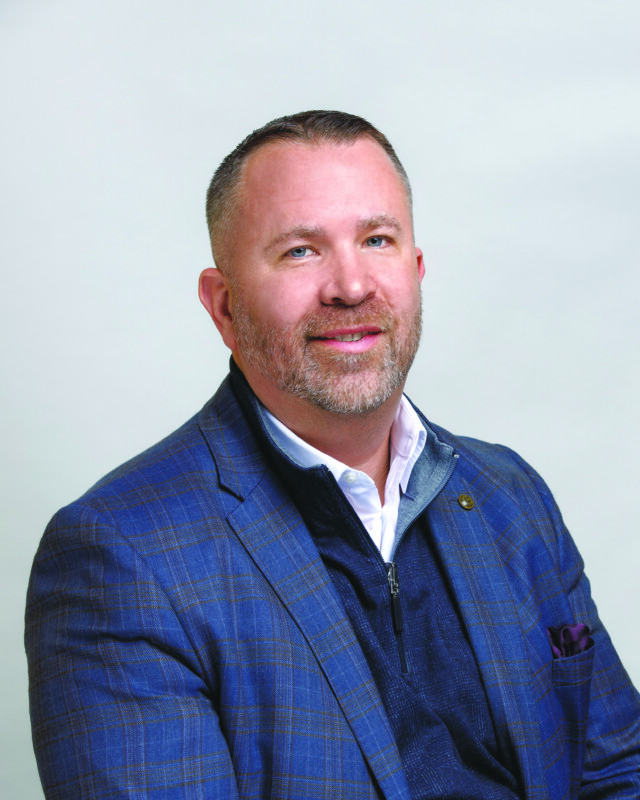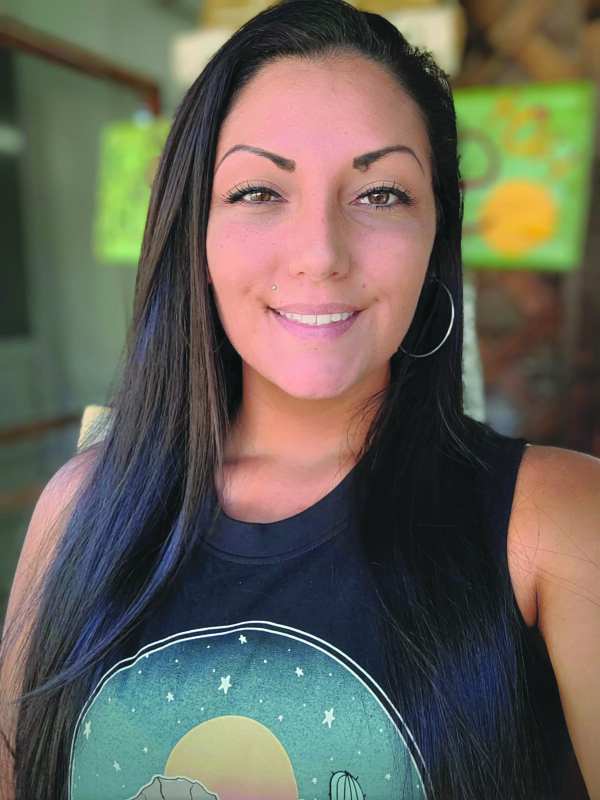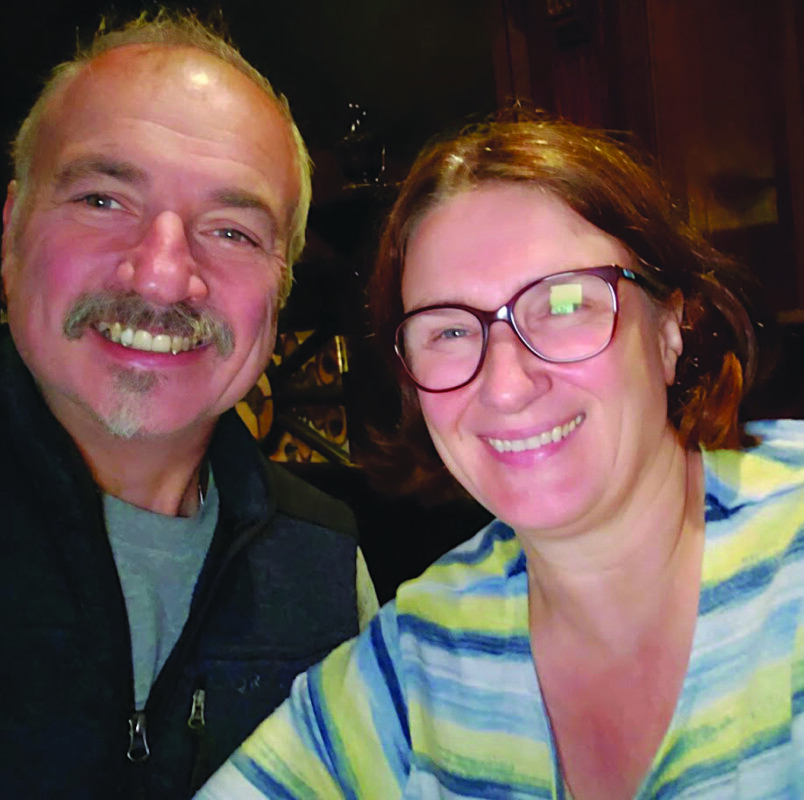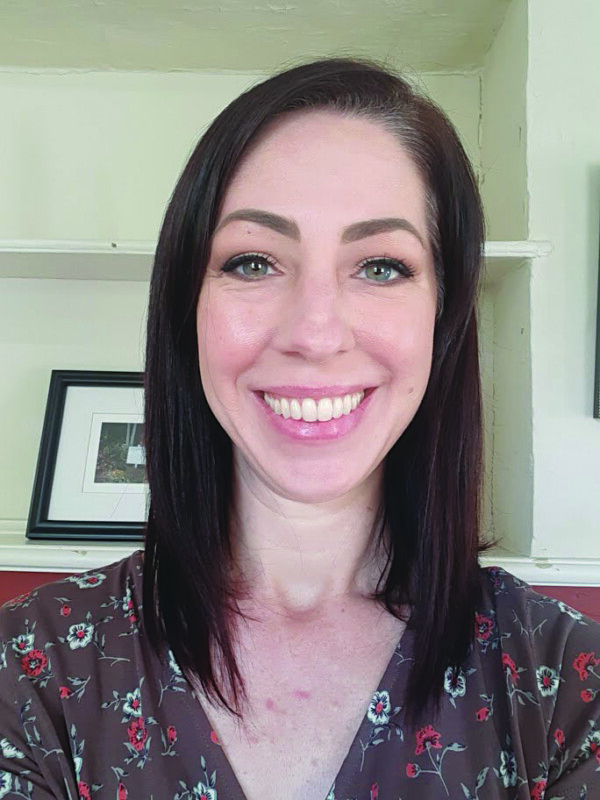Mortgage broker/lender
Kurt W. Strandson (NMLS# 22202) is a mortgage broker and lender and the owner and president of Pinnacle Mortgage Corporation (NMLS #1323739 Equal Housing Opportunity), which is based in Manchester and licensed in 12 states.
Explain your job and what it entails.
We help buyers and homeowners with residential and mixed use and commercial refinance and purchase mortgages. As a broker, we work with over 30 investors to offer a multitude of products not always offered at larger national retail lenders or small community banks or credit unions.
How long have you had this job?
I started my career in the mortgage industry in March of 2003. I opened Pinnacle in April of 2015. We’ve grown from three people to almost 50 and are continuing to grow as we move into more states and look to open more offices throughout the country.
What led you to this career field and your current job?
I graduated from Bentley University in 2000 and thought I was destined to work as a financial planner and stockbroker. I soon realized the mortgage industry allowed me to utilize my bachelor of science degree in economics and finance … and help people achieve the ‘American dream’ of homeownership, which was rewarding and something I quickly became passionate about.
What kind of education or training did you need?
I was fortunate to obtain a bachelor of science degree from Bentley University and an MBA from UNH in 2012. I do feel both experiences provided the knowledge, education and foundation for me to succeed both as a mortgage broker and a business owner. I found that in the MBA program, I learned as much if not more from my fellow classmates sharing their knowledge and experiences from their careers. I also earned my Certified Mortgage Professional designation.
What’s your typical at-work uniform or attire?
Normal business attire is business casual.
How has your job changed over the course of the pandemic?
Prior to the pandemic, a large percentage of our applications were taken in person. The pandemic expedited the use and development of new technology in our industry to accommodate working remotely. We’re now paperless, and a majority of the process is done online or via technology. We still offer in-person appointments for those who prefer it, but the use and development of technology … has made the process simple, straightforward and fast for our borrowers. The pandemic brought record loan volume as mortgage rates hit historic lows, creating a very high demand for homes.
What do you wish you’d known at the beginning of your career?
Patience. Sometimes you have to wait for the right situations, relationships and opportunities. I’ve been very blessed with a career that doesn’t feel like a job. I’ve also been blessed with a beautiful wife and family of six children, which I’m grateful for every day.
What do you wish other people knew about your job?
Many people don’t know or understand the amount of information and data that’s required to be collected and verified throughout the mortgage application process. Technology has made it more efficient but there’s a lot done behind the scenes to get an application to a closing table.
What was the first job you ever had?
My first official job was at 15 years old, working at Giant Pizza in Danielson, Connecticut.
What’s the best piece of work-related advice you’ve ever received?
Surround yourself with good people. We care about each other and want to support each team member in every way we can. We win as a team.
Five favorites
Favorite book: Winning by Tim Grover
Favorite movie: Diggstown
Favorite music: The Lumineers
Favorite food: Bone-in rib-eye
Favorite thing about NH: I love skiing in the White Mountains with family and friends.
Featured photo: Kurt Strandson. Courtesy photo.






